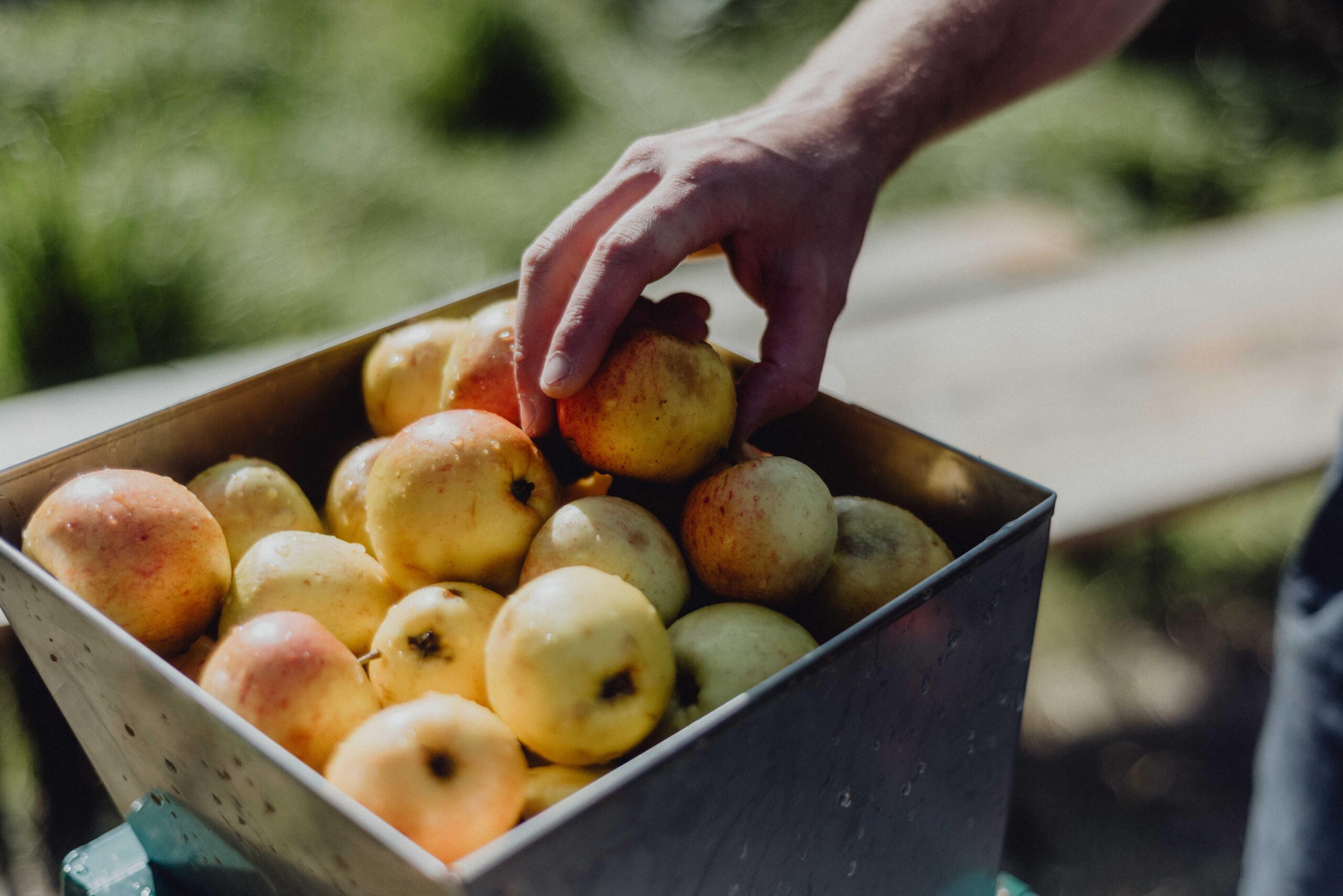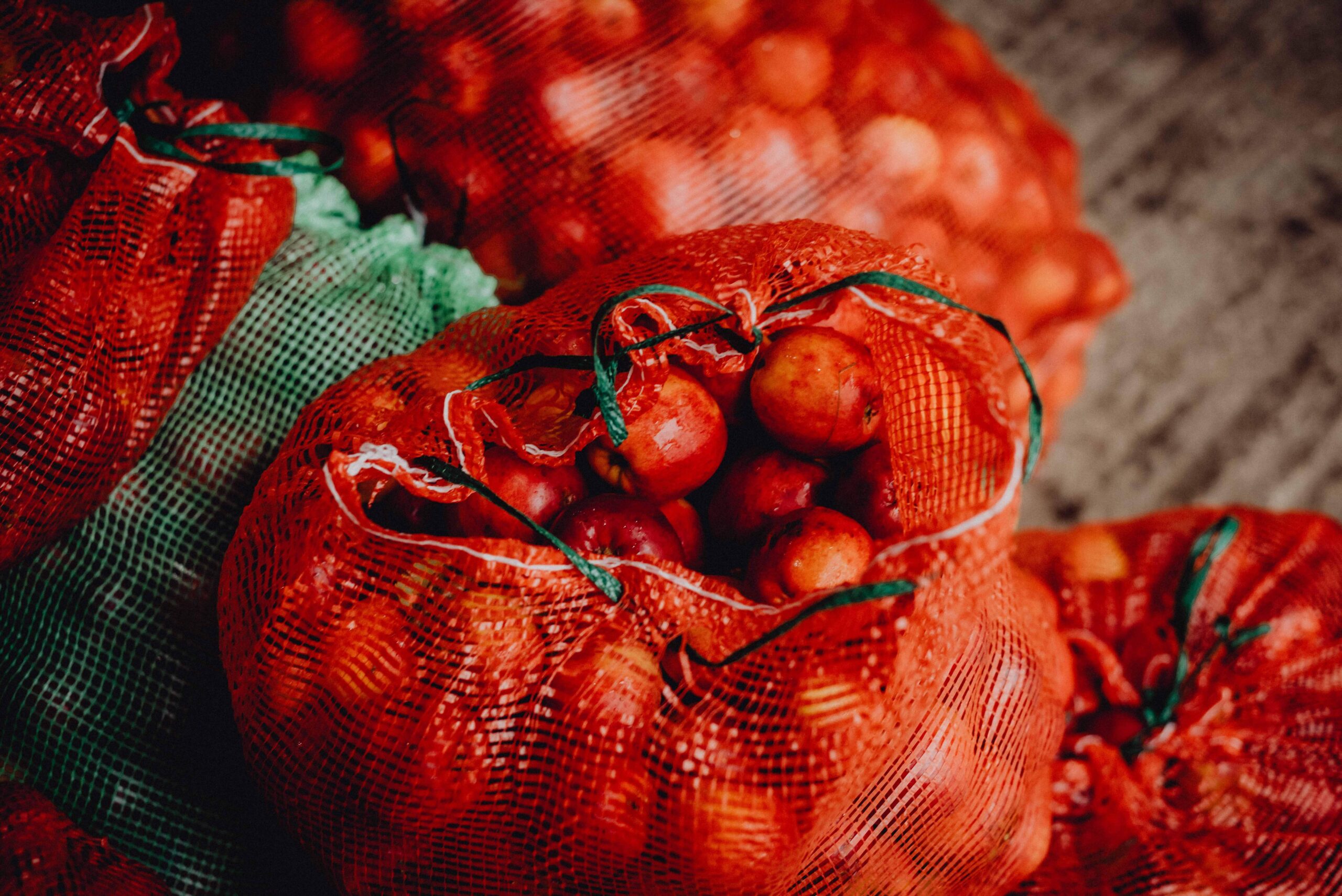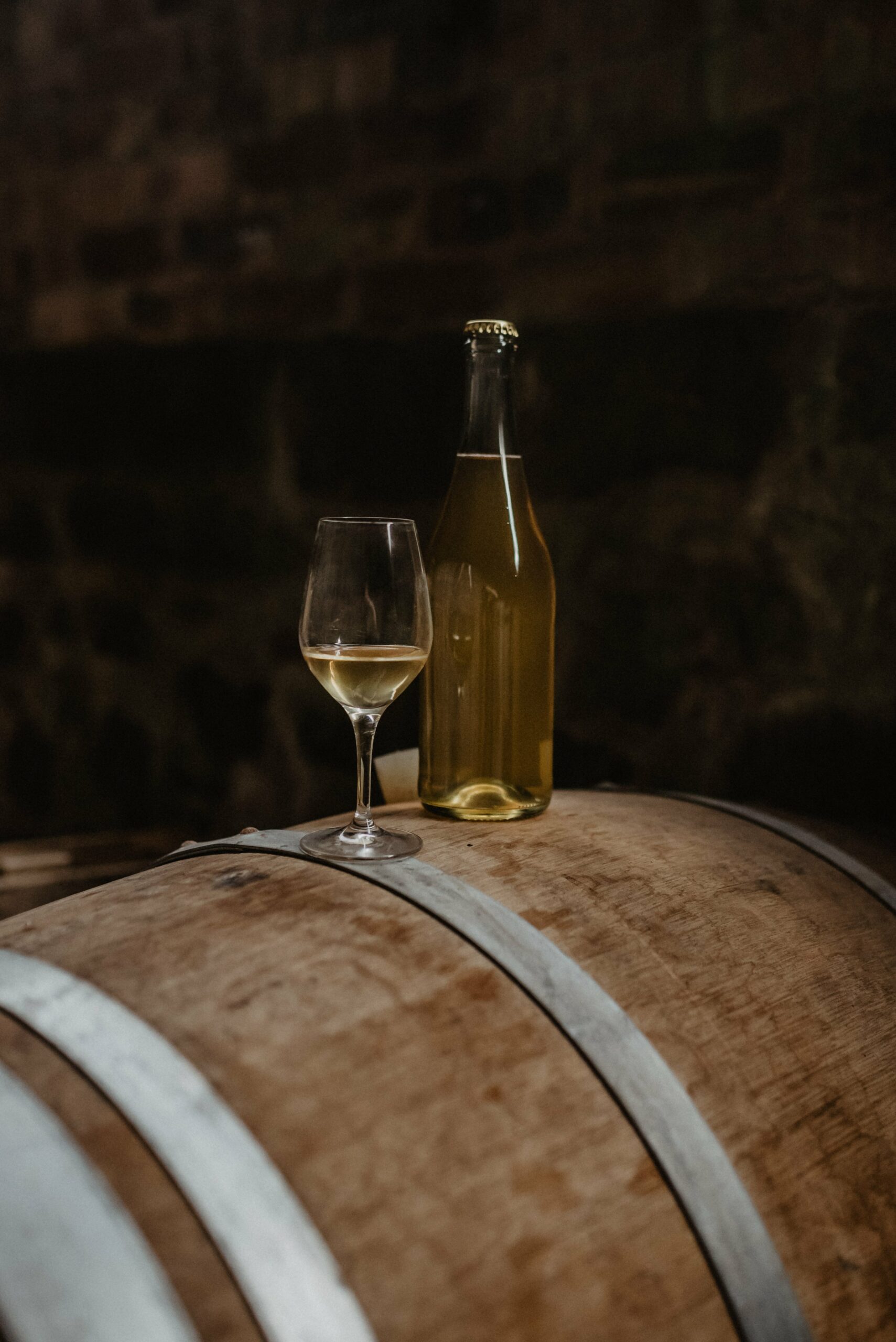Learn & Discover
Learn & Discover
Cider Duty Reform
As part of a joint campaign with CAMRA, Gabe Cook discusses the political side of his book Modern British Cider. He lays out the structural changes needed to help ensure the best of British cider can succeed in the future, that consumers benefit from higher quality standards, and why Government should take action.
Gabe Cook
Gabe is leading the charge for a cider revolution. AKA ‘the Ciderologist‘ Gabe is an international consultant, writer, broadcaster, and educator on all matters cider.
Cider Duty Reform
As part of a joint campaign with CAMRA, Gabe Cook discusses the political side of his book Modern British Cider. He lays out the structural changes needed to help ensure the best of British cider can succeed in the future, that consumers benefit from higher quality standards, and why Government should take action.
Gabe Cook
Leading the charge for a cider revolution. AKA ‘the Ciderologist‘ Gabe is a writer, broadcaster, and educator
October is the crucial month in the cider making calendar. Right now, several hundred cider makers across the UK, spanning the Highlands of Scotland, the tip of Cornwall, mid-Welsh mountain tops and London suburbs, will all be fervently collecting, milling and pressing to create the next 12 months worth of product.
The primary raw materials for cider and perry – apples and pears – don’t come cheaply. There is considerable time and money that goes into growing the fruit, its harvesting and processing. This is especially true of smaller makers who do not have the economies of scale of larger makers, and who have a desire to create the most intensely flavoured, complex and high quality drinks possible. They do this by ensuring there is a high level of juice within their ciders.
Yet, the current minimum juice content (MJC) within the UK currently stands at 35%. It is perfectly legal for a cider to be taxed and sold as such with a minority of apple juice and a majority of water. This paucity of apple juice is the key facilitator of the reputational challenges that cider faces – primarily of being a low value perception drink – and is contributing towards a sales stagnation that is lamented by many within the industry. Indeed, there are certain cider brands in the marketplace that have the lowest price per unit of alcohol of any drink that can be purchased in the UK today.
The consumer does not even have the opportunity to make a discerning purchasing decision when it comes to juice content of cider, with currently no legal requirement for juice content to be listed on pack, or, indeed, no mandatory requirement for any form of ingredients to be listed on packs.
This is why I am advocating for the Minimum Juice Content in the UK to be raised from 35% to greater than 50%.
October is the crucial month in the cider making calendar. Right now, several hundred cider makers across the UK, spanning the Highlands of Scotland, the tip of Cornwall, mid-Welsh mountain tops and London suburbs, will all be fervently collecting, milling and pressing to create the next 12 months worth of product.
The primary raw materials for cider and perry – apples and pears – don’t come cheaply. There is considerable time and money that goes into growing the fruit, its harvesting and processing. This is especially true of smaller makers who do not have the economies of scale of larger makers, and who have a desire to create the most intensely flavoured, complex and high quality drinks possible. They do this by ensuring there is a high level of juice within their ciders.
Yet, the current minimum juice content (MJC) within the UK currently stands at 35%. It is perfectly legal for a cider to be taxed and sold as such with a minority of apple juice and a majority of water. This paucity of apple juice is the key facilitator of the reputational challenges that cider faces – primarily of being a low value perception drink – and is contributing towards a sales stagnation that is lamented by many within the industry. Indeed, there are certain cider brands in the marketplace that have the lowest price per unit of alcohol of any drink that can be purchased in the UK today.
The consumer does not even have the opportunity to make a discerning purchasing decision when it comes to juice content of cider, with currently no legal requirement for juice content to be listed on pack, or, indeed, no mandatory requirement for any form of ingredients to be listed on packs.
This is why I am advocating for the Minimum Juice Content in the UK to be raised from 35% to greater than 50%.

Raising the MJC to this figure will have several positive impacts:
- Lead to an increase in price to the most basic of ciders – a key aspect of improving the value perception, and reputation, of this storied drink.
- Provide a greater level of competitiveness for smaller producers – crucial for a fully functioning, sustainable marketplace.
- Provide a level of integrity into the liquid – consumers can be confident the cider they are purchasing is guaranteed to be more apple juice than water.
- Provide a renewed demand for the several thousand acres of orchards bearing tannin-rich apples that are currently at threat due to a lack of demand from larger makers.
- This, in turn, will have a massively positive impact upon the rural communities in which apple growers, and cider makers, operate.
Raising the MJC to this figure will have several positive impacts:
- Lead to an increase in price to the most basic of ciders – a key aspect of improving the value perception, and reputation, of this storied drink.
- Provide a greater level competitiveness for smaller producers – crucial for a fully functioning, sustainable marketplace.
- Provide a level of integrity into the liquid – consumers can be confident the cider they are purchasing is guaranteed to be more apple juice than water.
- Provide a renewed demand for the several thousand acres of orchards bearing tannin-rich apples that are currently at threat due to a lack of demand from larger makers.
- This, in turn, will have a massively positive impact upon the rural communities in which apple growers, and cider makers, operate.
In accordance with this increase in MJC, smaller cider makers also should be provided with the opportunity to grow into sustainable and viable mid scale businesses. The current 70hl duty exemption is a great mechanism for facilitating micro start ups, farm diversification and community orchards, but the leap to full duty rate paying above this level inhibits growth.
A similar scheme for beer duty has been the key instrument in facilitating the tenfold growth in the number of breweries since its inception in 2002, and I believe it can have the same effect for cider. Although there will be an immediate reduction in duty receipts to the Treasury from smaller makers, the mid to long terms benefits will be significantly greater than the short-term revenue loss:
- Increased levels of employment by smaller makers – especially crucial in rural areas where these makers predominantly operate.
- Increased provision of tourism amenities.
- Increased use of orchards and apples currently unwanted by larger cider makers, with their economic, environmental and social benefits.
Together, these reforms to the cider duty system will assist those makers who put apples, orchards and quality at the forefront of their businesses.
In accordance with this increase in MJC, smaller cider makers also should be provided with the opportunity to grow into sustainable and viable mid scale businesses. The current 70hl duty exemption is a great mechanism for facilitating micro start ups, farm diversification and community orchards, but the leap to full duty rate paying above this level inhibits growth.
A similar scheme for beer duty has been the key instrument in facilitating the tenfold growth in the number of breweries since its inception in 2002, and I believe it can have the same effect for cider. Although there will be an immediate reduction in duty receipts to the Treasury from smaller makers, the mid to long terms benefits will be significantly greater than the short-term revenue loss:
- Increased levels of employment by smaller makers – especially crucial in rural areas where these makers predominantly operate.
- Increased provision of tourism amenities.
- Increased use of orchards and apples currently unwanted by larger cider makers, with their economic, environmental and social benefits.
Together, these reforms to the cider duty system will assist those makers who put apples, orchards and quality at the forefront of their businesses.







